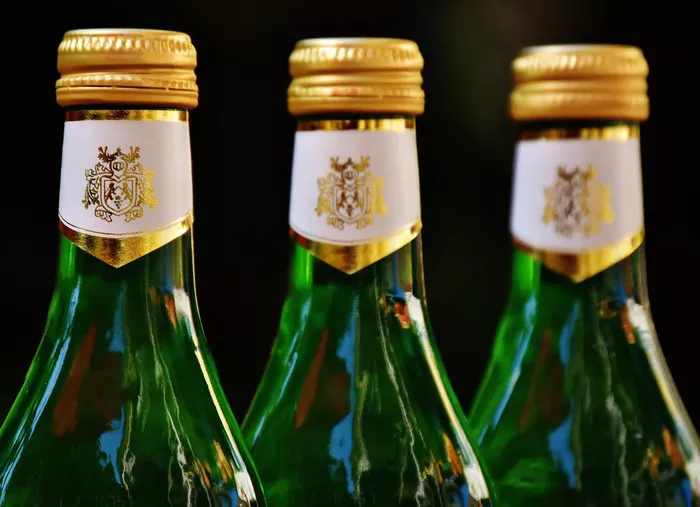A recent report in the Sentinel outlined how man-made climate damage is affecting water access and weather patterns in the Willamette Valley.
Gayle Goschie, a fourth-generation hop farmer about an hour outside Portland, Oregon, warned that climate change is “not coming, it’s here”.
The Sentinel highlighted how climate change is expected to add to the challenges farmers and brewers are already facing with two key beer crops: hops and barley. It outlined how some hop and barley growers in the US admit they have already seen crops affected by extreme heat, drought and unpredictable growing seasons. In a recent study by the Czech Academy of Sciences, researchers warned that European hops will become increasingly difficult to grow as climate change affects yields and alpha acid content, unless rapid adaptations are developed.
In addition, researchers are now working with growers to counter the effects of more volatile weather with a range of improved hop varieties that can potentially withstand drought, while others are now growing winter barley to keep up with demand.
Mirek Trnka, professor at the Global Change Research Institute, noted that researchers have known for some time that beer production will be affected by climate change, and recently authored a new study in Nature Communications that illustrated the impact of climate change on hops. The study predicts that yields in Europe will fall by between four and 18% by 2050. But looking back to his first study on hops 15 years ago, he reiterated that it had issued a similar warning to his latest paper.
Trnka said: “If we don’t act, we’re going to lose things that we don’t think are sensitive or related to climate change, for example. Like beer”.
Trnka explained that climate change is happening faster than many people realise – but that it is still too slow for many to notice. The fact that researchers are starting to pick up on it means there’s still a hance for agriculture to adapt, he said, but he still has concerns. After all, the expected decline in hops in Europe will have a knock-on effect for all global beer producers, large and small.
Shaun Townsend, associate professor and senior researcher at Oregon State University, revealed that researchers are working on hop varieties that can better withstand summer heat, warmer winters, disease and reduced irrigation. Townsend revealed that he is currently working on a project to subject hops to drought stress in order to eventually create more drought-tolerant varieties, admitting: “It’s not an easy task, one that could take a decade, and one that also has to take into account the brewers’ main concerns, which are taste and yield. But the ossibility of running out of water is a reality that’s on people’s radars.
Kevin Smith, professor of agronomy and plant genetics at the University of Minnesota, says that while spring barley is the dominant variety in the US, winter barley – planted in the autumn and left in the fields during the coldest months of the year – may be less risky. There is also the idea that winter barley could be desirable for smaller reweries that have started to emphasise local ingredients and want something grown close to home. And, as the Sentinel pointed out, from an agricultural perspective, winter barley can be grown as a cover crop to help farmers prevent erosion, improve soil health and retain carbon in the soil by planting it in the off-season when fields are normally bare.Unfortunately, there is no consensus on the future of winter barley.
Patrick Hayes, a professor at Oregon State University, said of winter barley replacing spring barley, “It can’t be done”, and yet he has made it his life’s work to improve winter barley to overcome this statement, but the outlook is bleak.
Hates warned: “It’s going to be increasingly difficult for us as plant breeders to come up with new varieties of barley and new varieties of hops that are going to be able to cope with all the terrors of climate change. And I say terrors because … it’s this volatility that is so, so frightening.


